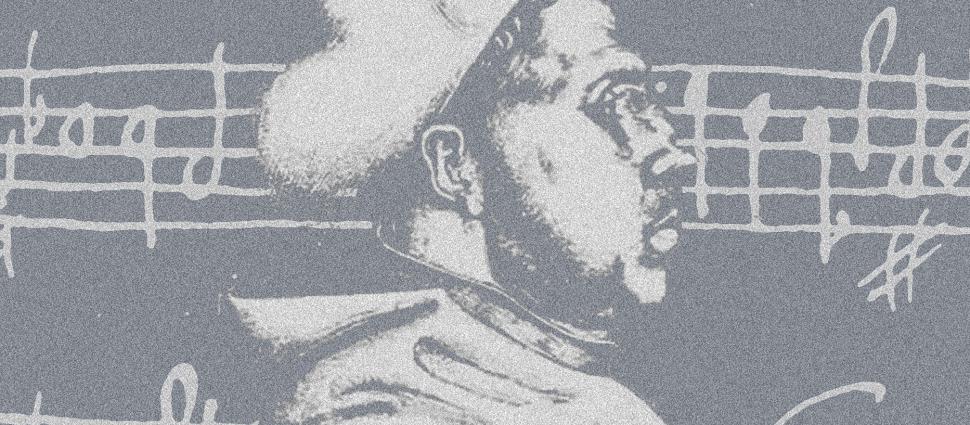A Reformation Hymn

Using Luke 2:29-32 as the starting point of his text, Martin Luther wrote this hymn (Mit Fried' und Freud' ich fahr' dahin) in 1524 from Wittenberg. His first hymnal of vernacular songs for the church was first published in 1523. Leonard W. Bacon translated this version of the text in 1884.
Martin Luther wrote the following about music: “My heart, which is so full to overflowing, has often been solaced and refreshed by music when sick and weary.” And, “Music is one of the fairest and most glorious gifts of God, to which Satan is a bitter enemy; for it removes from the heart the weight of sorrow, and the fascination of evil thoughts.”
This song of comfort and hope would have been particularly consoling during the unrest and uncertainly of the early days of the Reformation. Reminding the people of the truth of the Gospel, the promises of life in death, and the glory of Christ that drives away the darkness of the lands under the shadow of death.
On Sunday evening, October 29, I was privileged to be a part of Reformation concert that brought together pastors, choirs, and musicians from several churches in our presbytery for the purpose of celebrating the legacy of the Reformation in song. We sang congregational hymns reflecting the impact of the Reformation in Germany, England, Scotland, and Wales, and we also sang choral pieces from the centuries since the Reformation.
The choir started the evening with a setting of “Psalm 150” from Heinrich Schütz, a 17th century German composer who did more than anyone to translate Luther’s ideas of congregational singing into practical use. J. S. Bach’s Cantata 140 is an 18th century example of how congregational hymns (chorales) were woven into the weekly church services as the congregation could readily sing along with the melody that they already knew. Felix Mendelssohn provides an early 19th century work as yet another German Reformed composer. Mendelssohn was a champion of music and the Reformation — which included composing a symphony on the tune from “A Mighty Fortress.” For the later 19th and 20th century, the American folk hymn, “Death Shall Not Destroy My Comfort,” provides a work from 1878 which was written as a congregational hymn that was later arranged for choir by Mack Wilberg (b. 1955).
For the 21st century, I took the Martin Luther text, “In Peace and Joy I Now Depart,” and composed a new choral work with the desire to show the relevance and continuation of the Reformation in song.





